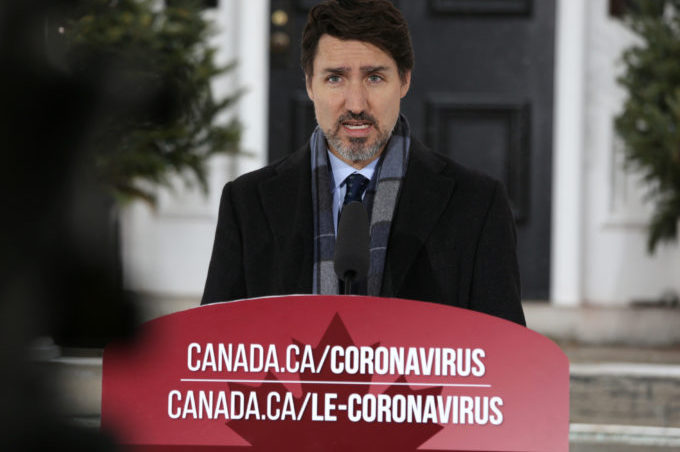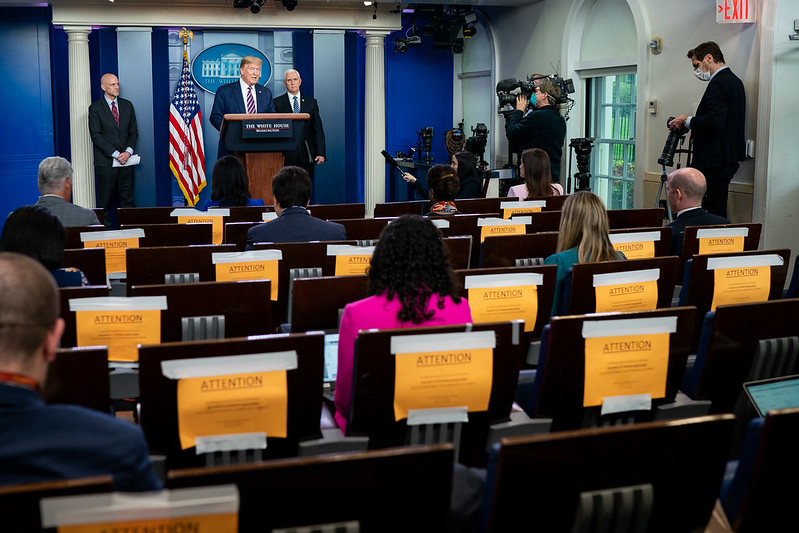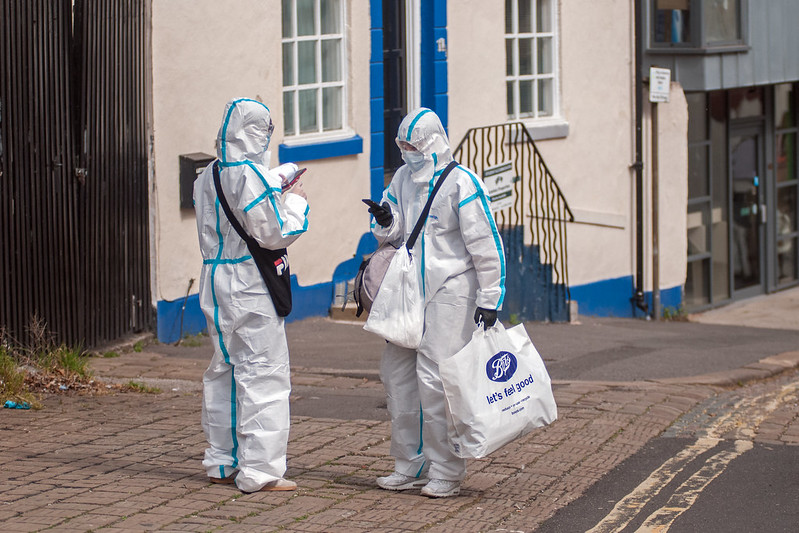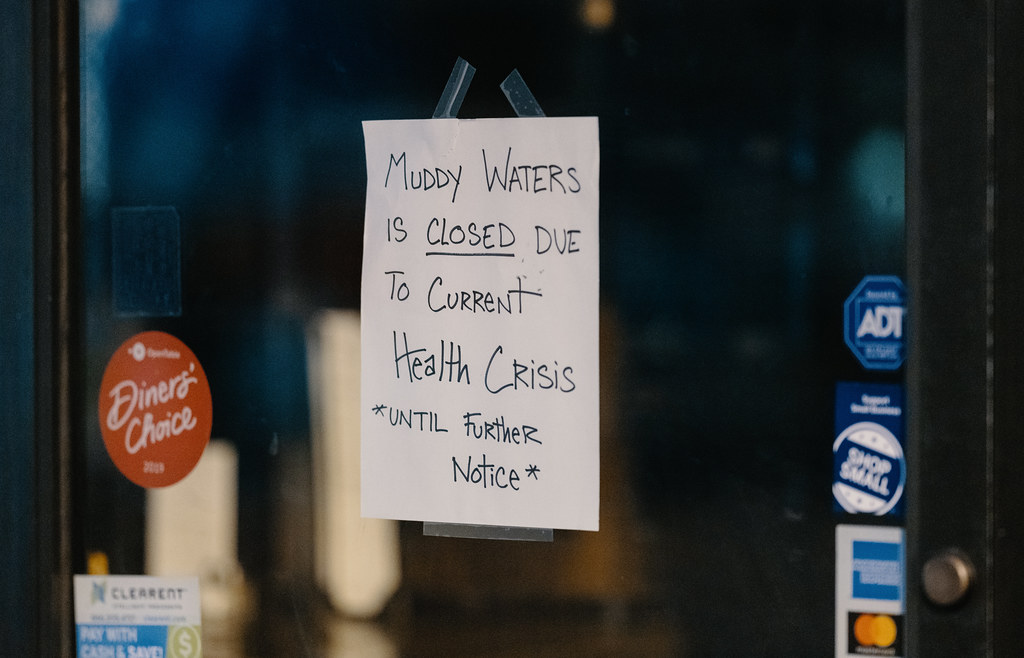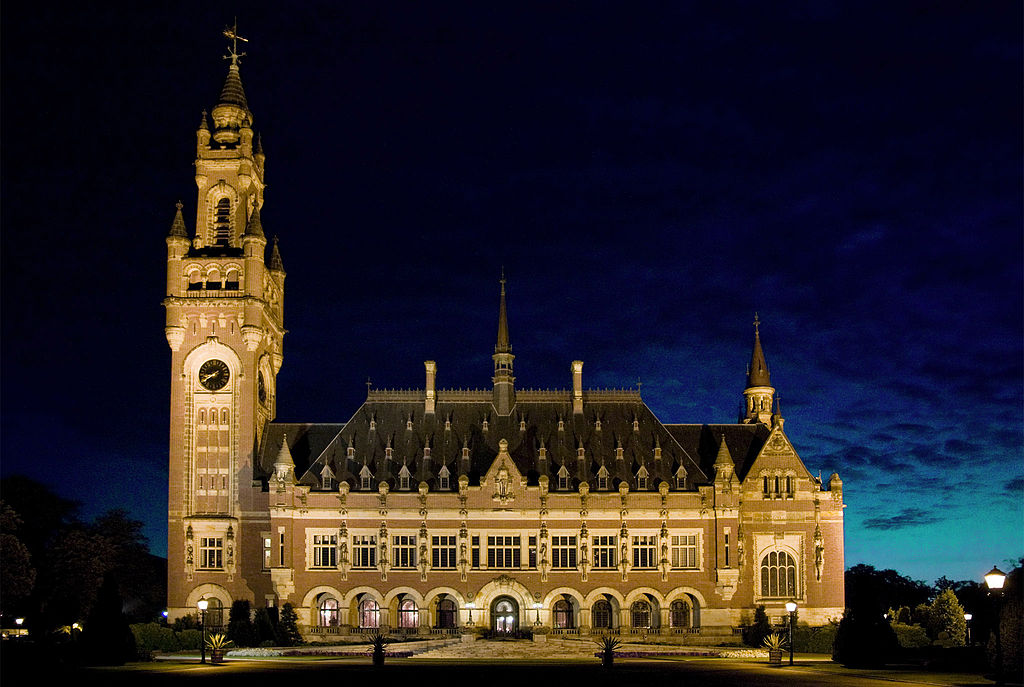-

Canadian Military Adjusts to Meet COVID-19 Threat
The Canadian military reassesses its overseas footprint in response to COVID-19, and the Liberal government comes under pressure to adjust its China policy. -

ChinaTalk: Coronastories 3—Nanjing, Nepal, and Singapore
-

Some Synthetic Biology May Not be Covered by the Biological Weapons Convention
While biological weapons are banned under both the law of armed conflict and the Biological Weapons Convention, what about SynBio weapons that defy the classic “biological” label? -

Three Questions on COVID-19 and Digital Technologies
There are long-overlooked dangers embedded within the adoption of digital technologies—and as society shifts online during the pandemic, consumers and policymakers must figure out how to address those ri... -

Trump Wants Answers on the Pandemic’s Origins. Politicizing Intelligence Won’t Help.
Conflicting statements from U.S. leaders are undercutting the credibility of U.S. intelligence on the coronavirus. -

Does China Really Owe the World Trillions of Dollars?
While Beijing’s responsibility for violations of international legal obligations seems evident, International Court of Justice precedent on causality and reparations will probably thwart any efforts to m... -

Contact-Tracing Apps in the United States
In the U.S., efforts to develop digital contact-tracing systems have largely fallen to states and tech companies—though privacy advocates have voiced concerns about the invasiveness of such apps. -

The Dormant Commerce Clause Can’t Override State and Local Lockdowns
Attorney General William Barr’s suggestion that state and local pandemic policies violate the dormant Commerce Clause rings hollow. -

The Israeli Supreme Court Checks COVID-19 Electronic Surveillance
The court invoked the nondelegation doctrine to require explicit statutory authorization of electronic surveillance. -

State Emergency Authorities to Address COVID-19
With the coronavirus in every state and multiple territories, what emergency authorities do state and territory executives possess to address the public health crisis? -

The Importance of Equity in Contact Tracing
Critics focus on the privacy cost of contact tracing. But it’s important to examine the disparate privacy implications for the most vulnerable communities. -

Cyber Operations Against Medical Facilities During Peacetime
Many legal questions arose after the recent cyber operations against the health sector throughout the world, but there is still little legal conversation at the international level on how to approach the...
The upcoming main navigation can be gotten through utilizing the tab key. Any buttons that open a sub navigation can be triggered by the space or enter key.


